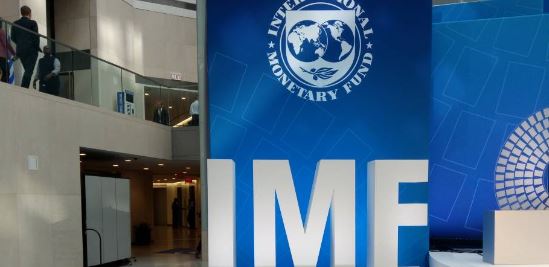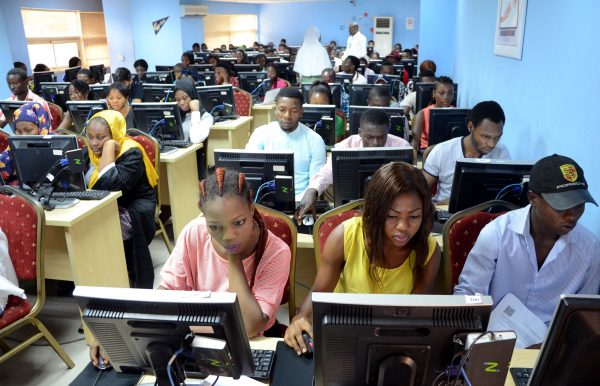Norbert Shialsuk, an oil and gas expert and lead partner at Ecocity Project Limited, says Nigeria needs to intensify its domestic gas utilisation by taking advantage of its abundant liquefied natural gas (LPG) resources and sustaining the mechanisms that have supported the rapid growth of Africa’s most populous country’s local LPG market and off-taker contract cycles.
Shialsuk spoke at the Nigerian local gas off-take media round table, a virtual meeting organised by Precise Platform which had top media executives in attendance. The expert also made a case for the renewal of the one-year contract cycle for local gas off-takers.
He noted that it is critical to make cooking gas accessible, affordable and available to consumers in the country because it is cleaner, environment friendly, and abundant in Nigeria, adding that the federal government should provide infrastructure in this regard.
Shialsuk stated that one of the policy thrusts of the government is the introduction of natural gas vehicles, but domestic gas supply must be guaranteed for this to work.
Advertisement
“This is the direction that the world is going because by 2050, natural gas and renewables are expected to drive over 50 – 60 percent of primary energy consumption in the world. So, the future is gas and renewables, which means Nigeria, is going in the right direction,” Shialsuk said.
“However, we have on our hands a major issue in the sense that one of the policy thrusts of the government is suffering a setback. If you look at the objectives, the government has talked about introducing natural gas vehicles but this for me is a medium to long-term objective because Nigeria still lacks the needed infrastructure.
“There have been many issues with LPG. Over the past one to one and half years; there have been high prices of the commodity in the market. This has been a result of many things; importers at some point stopped importing LPG, which led to a prolonged period of scarcity, and along the line, you had the devaluation of the naira and this compounded the issues.
Advertisement
“There are not enough cylinders in the market. Part of the programme the government plans to roll out under the gas expansion programme was to address the issue of cylinders and I believe that this is where the government should have focused attention. But the re-introduction of taxes on importers basically makes them stop importing LPG as taxes on LPG equipment meant that no one will import LPG equipment to roll out retail outlets in the country. This is the wrong policy.
“The government should support the sector by ensuring a steady supply of the product into the market, and this will deal with the issue of scarcity and sustained supply. Having addressed the issue of availability, the government should have built on this impact to deepen penetration for a market estimated at 3.6m tonnes a year by KPMG in 2015.”
Shialsuk said to restart and sustain the 15-year growth that has been observed in the domestic LPG market, the government has to enable the sector rather than sabotage it by introducing taxes and being uncoordinated in terms of policies and contract cycles.
Advertisement
Add a comment






